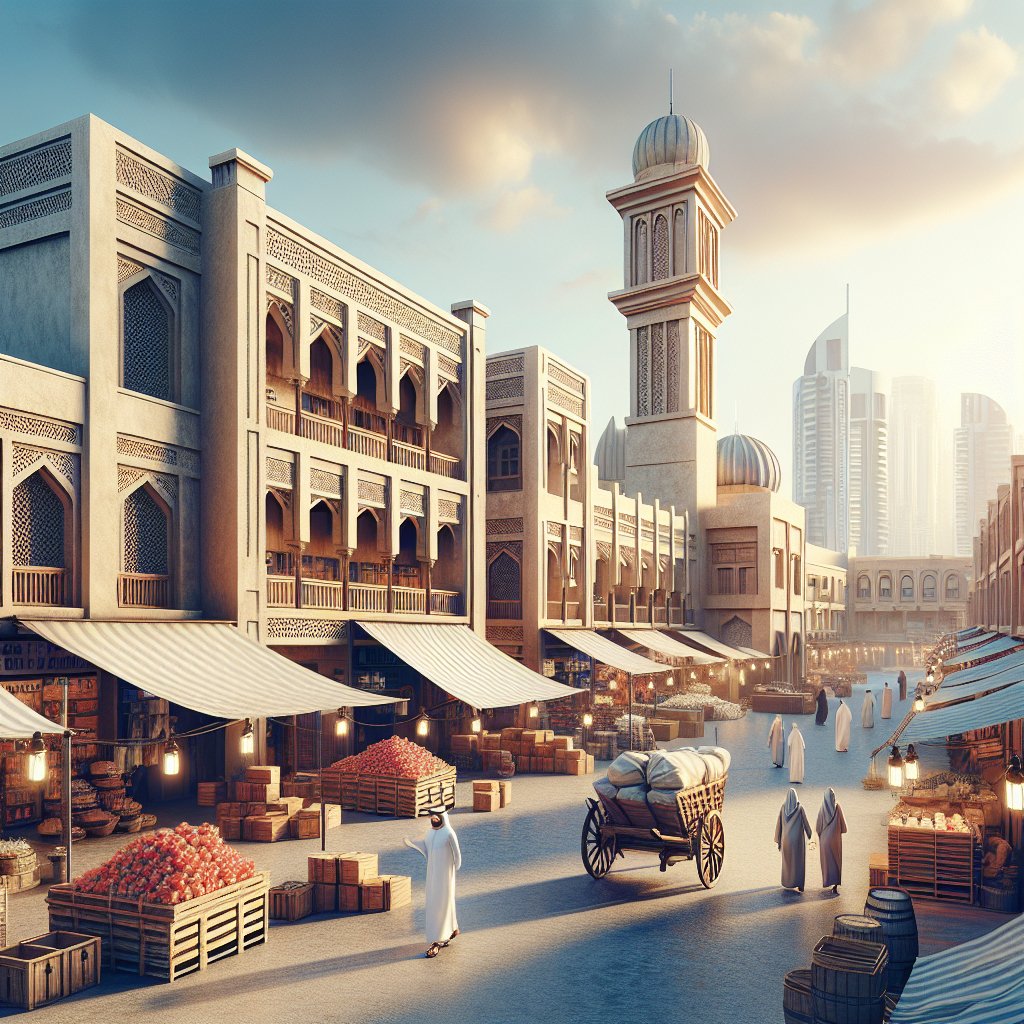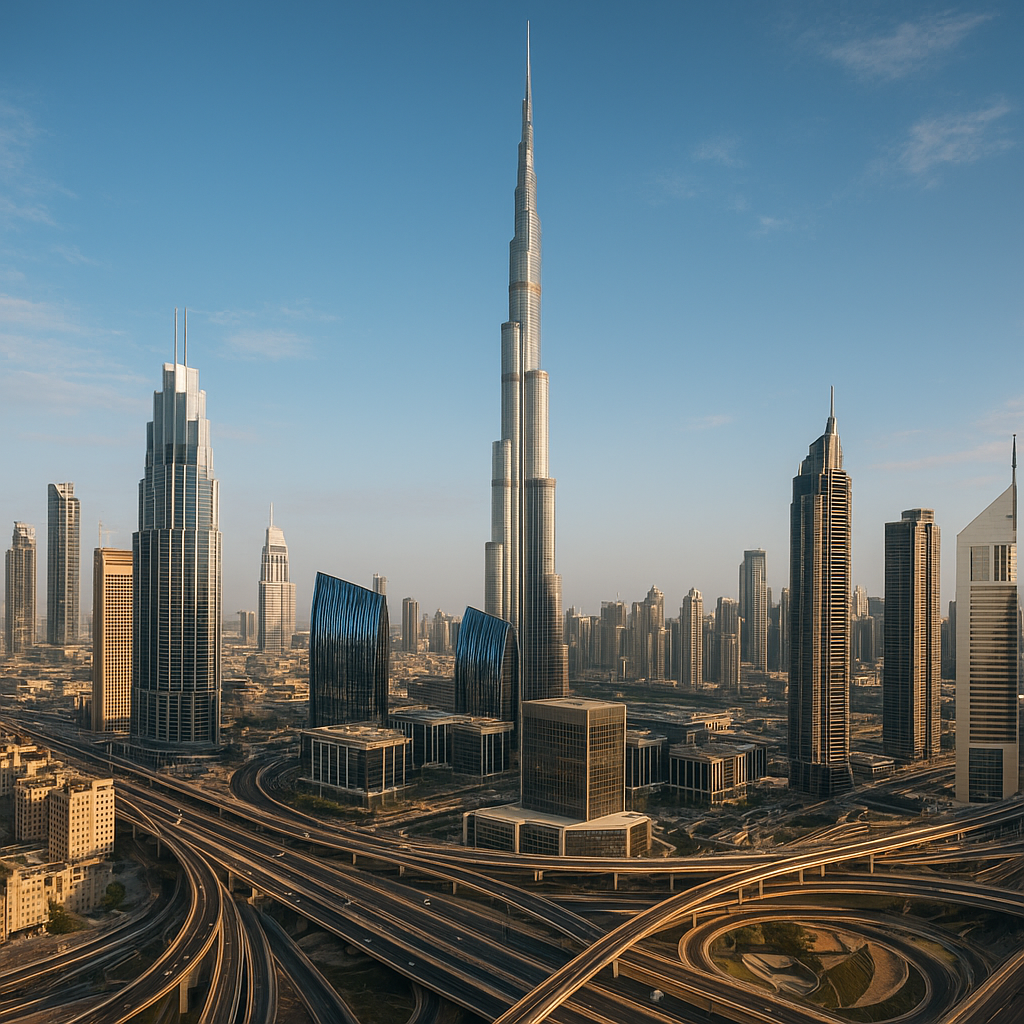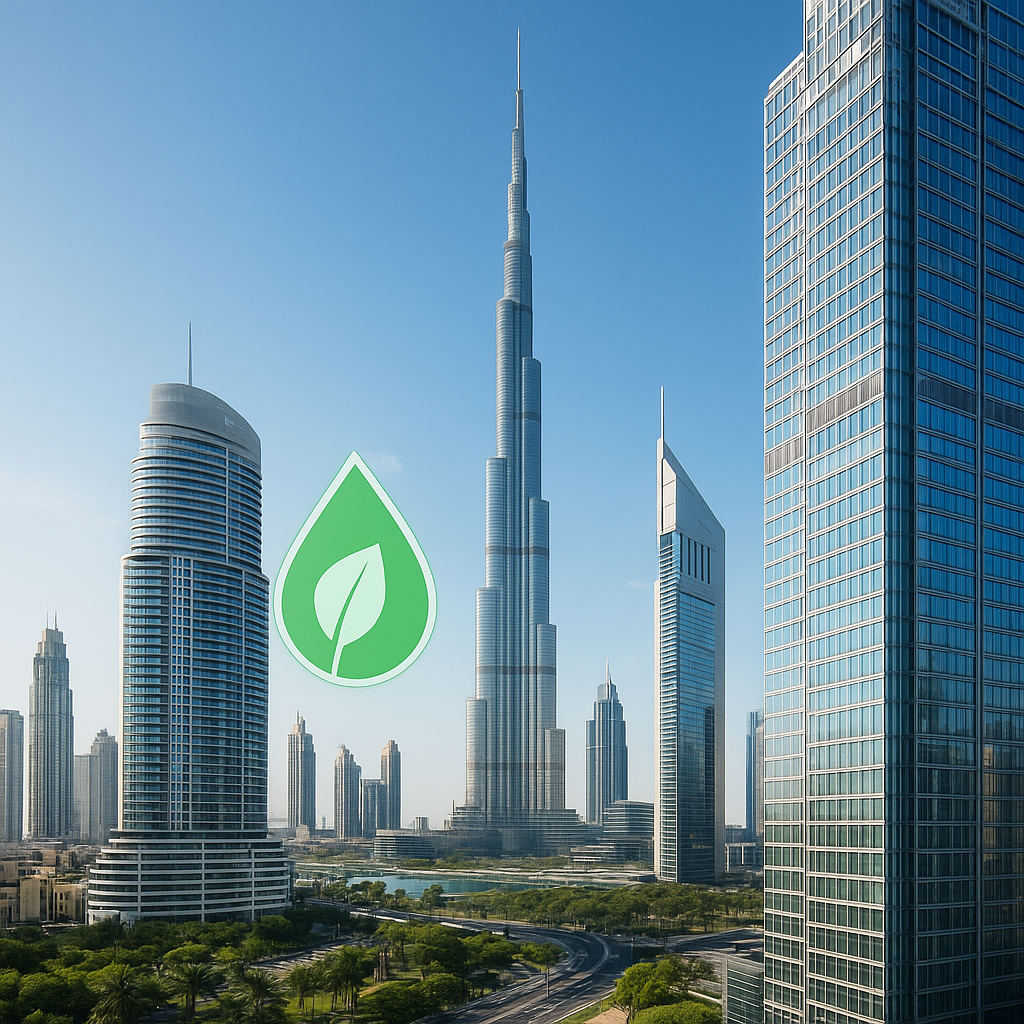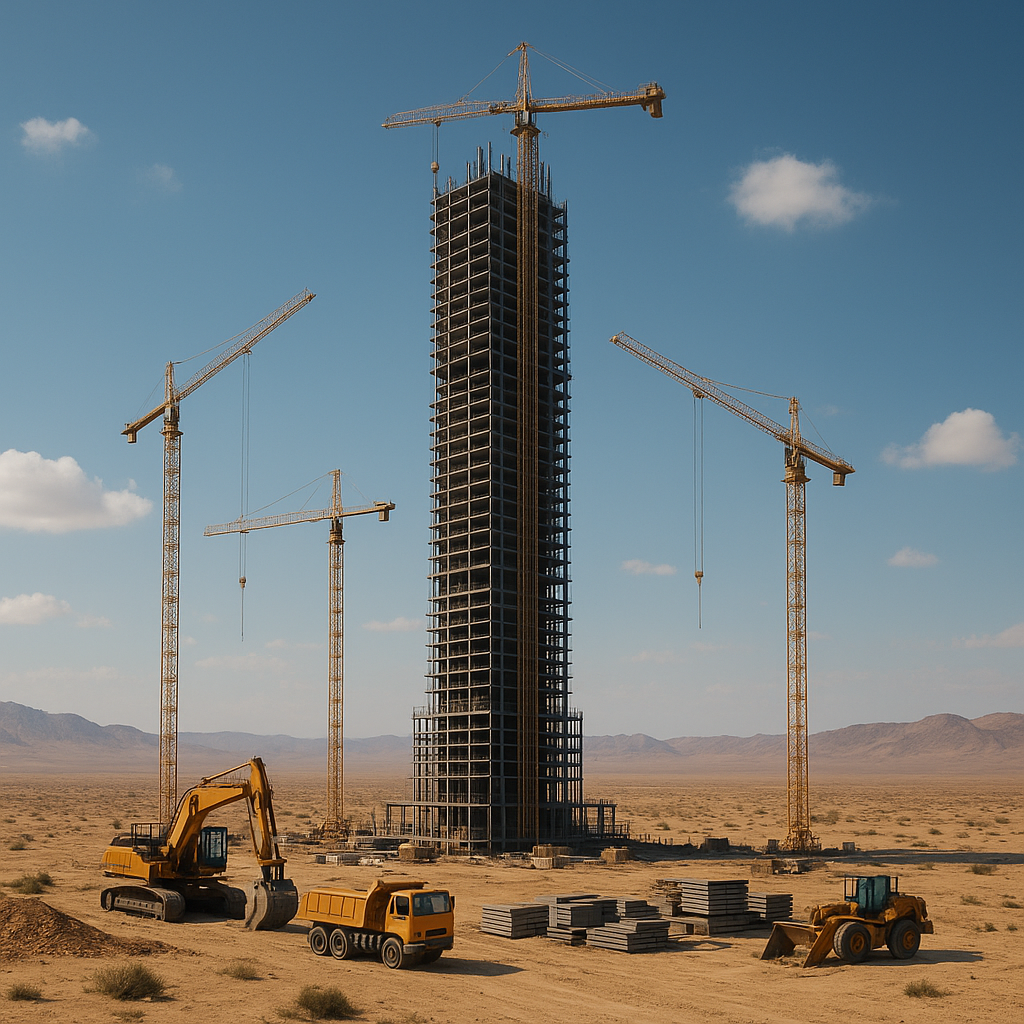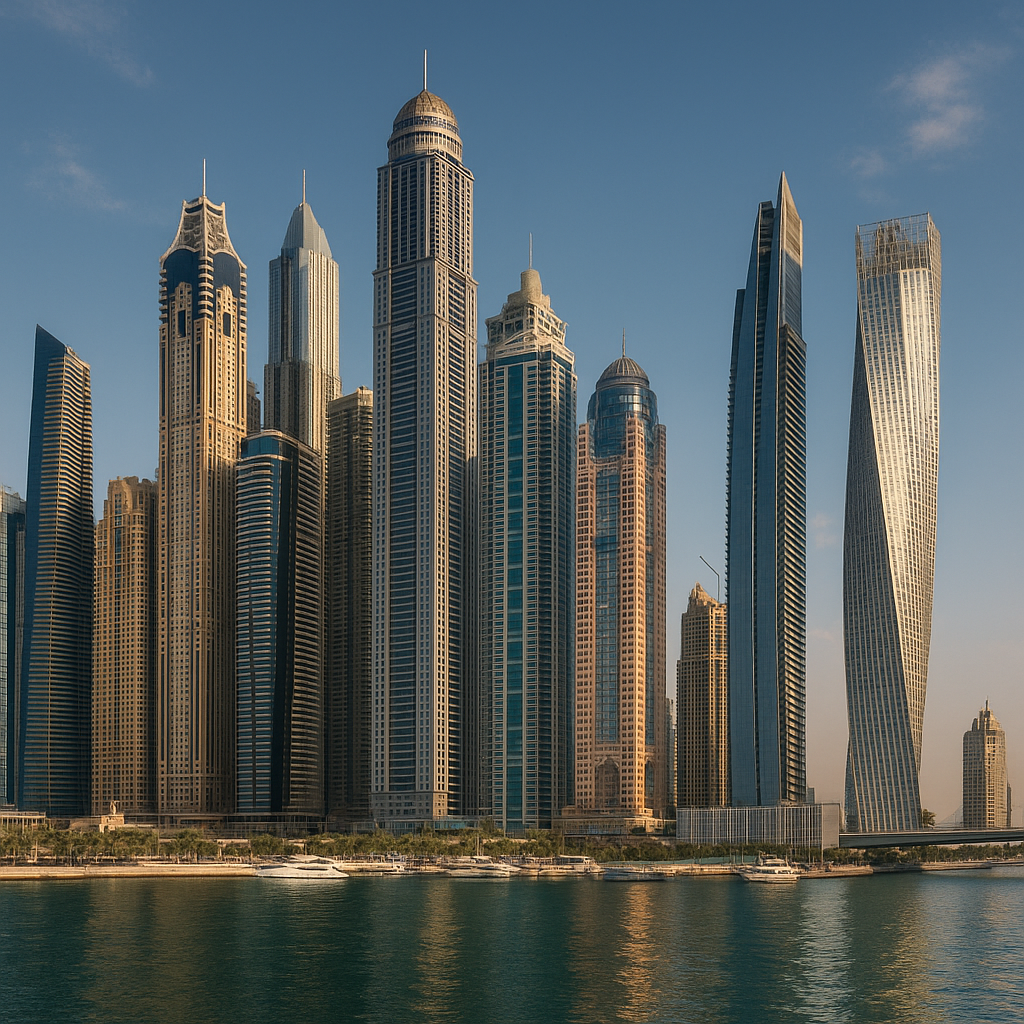Dubai, a city renowned for its opulence and modernity, is also a treasure trove of cultural heritage, with its souks and traditional markets playing a pivotal role in preserving the emirate’s rich history. These bustling marketplaces are not just centers of commerce but are also vibrant hubs of social interaction and cultural exchange, offering a glimpse into the traditional way of life that has shaped Dubai’s identity over the centuries.
The Historical Roots of Dubai’s Souks
The history of Dubai’s souks dates back to the early 19th century when the city was a modest fishing and trading port. The strategic location of Dubai along the Arabian Gulf made it a natural hub for trade, attracting merchants from across the Middle East, Persia, India, and beyond. These traders brought with them a variety of goods, including spices, textiles, and precious metals, which were sold in the bustling souks that lined the city’s creek.
One of the most famous of these early markets is the Deira Gold Souk, which has been a cornerstone of Dubai’s trading community for decades. Known for its dazzling array of gold jewelry and precious stones, the Gold Souk is a testament to Dubai’s long-standing reputation as the “City of Gold.” The souk’s narrow alleys and traditional wooden archways transport visitors back in time, offering a stark contrast to the city’s modern skyscrapers.
Another iconic market is the Spice Souk, where the air is filled with the rich aromas of exotic spices, herbs, and incense. This souk is a sensory delight, with its vibrant colors and intoxicating scents providing a feast for the senses. The Spice Souk is a reminder of Dubai’s historical role as a key player in the spice trade, connecting the East and West through its bustling ports.
The Cultural Significance of Souks in Modern Dubai
In today’s fast-paced world, Dubai’s souks serve as a vital link to the past, preserving the emirate’s cultural heritage and traditional way of life. These markets are more than just places to shop; they are social spaces where people gather to exchange stories, share experiences, and build community bonds. The souks are a living testament to the resilience and adaptability of Dubai’s culture, seamlessly blending tradition with modernity.
For locals, the souks are a cherished part of daily life, offering a sense of continuity and connection to their roots. Many Emiratis visit the souks to purchase traditional goods, such as abayas, kanduras, and handcrafted souvenirs, supporting local artisans and preserving traditional crafts. The souks also play a crucial role in the cultural education of younger generations, teaching them about the emirate’s history and the importance of preserving their heritage.
For tourists, the souks offer an authentic glimpse into the heart of Dubai’s culture, providing a unique opportunity to experience the city’s rich traditions firsthand. Visitors can haggle with shopkeepers, sample local delicacies, and immerse themselves in the vibrant atmosphere of these bustling markets. The souks are a must-visit destination for anyone seeking to understand the cultural fabric of Dubai and its people.
The Role of Souks in Dubai’s Economy
Beyond their cultural significance, Dubai’s souks are also vital contributors to the city’s economy. These markets attract millions of visitors each year, generating significant revenue for local businesses and boosting the tourism industry. The souks provide a platform for small and medium-sized enterprises (SMEs) to thrive, offering a diverse range of products that cater to both local and international customers.
The success of Dubai’s souks is a testament to the city’s ability to balance tradition with innovation, creating a dynamic and sustainable economic model. By preserving these traditional markets, Dubai has managed to maintain its cultural identity while embracing the opportunities of the modern world. The souks are a shining example of how cultural heritage can be leveraged to drive economic growth and development.
Preserving the Legacy of Dubai’s Souks
As Dubai continues to evolve and grow, the preservation of its souks and traditional markets remains a priority for the city’s leaders and residents. Efforts are being made to protect these cultural landmarks from the pressures of urbanization and modernization, ensuring that they remain an integral part of Dubai’s identity for generations to come.
Initiatives such as the restoration of historical buildings, the promotion of traditional crafts, and the organization of cultural events are helping to safeguard the legacy of Dubai’s souks. These efforts are supported by both the government and the private sector, highlighting the importance of collaboration in preserving the emirate’s cultural heritage.
In conclusion, Dubai’s souks and traditional markets are more than just places of commerce; they are cultural treasures that embody the spirit and history of the city. By preserving and celebrating these vibrant marketplaces, Dubai is ensuring that its rich heritage continues to thrive in the modern world, offering a unique and authentic experience for both locals and visitors alike.
